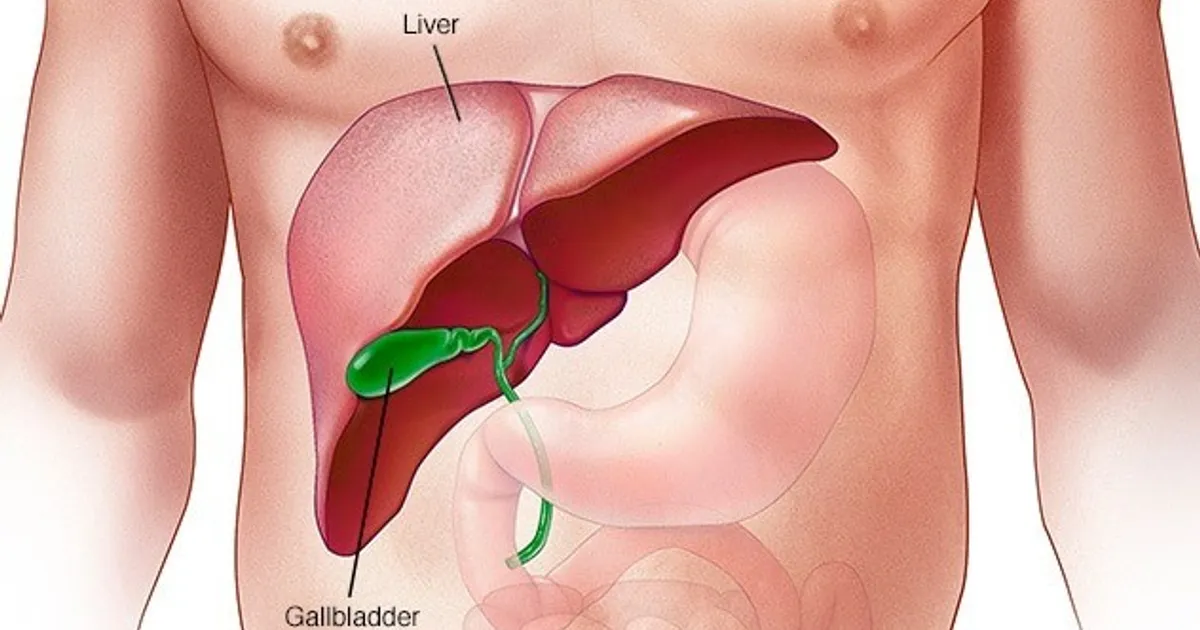A Chinese study found that changing sugar-containing drinks to low-sugar or artificially sweetened drinks do not provide protection against fatty liver disease. The researchers said during the European Society of Gastroenterology Conference in Germany that sugar-sweetened drinks and low or sugar drinks are closely linked to a higher risk of developing non-alcoholic fatty liver disease, a disease in which fat is accumulated in the liver due to metabolic disorders and inflammation or life reform. Greasy liver disease affects more than 30% of the world population, and is an increasing cause of deaths associated with liver disease. The new study followed 123,788 volunteers in Britain who did not suffer from liver disease at the beginning of the study. During a follow -up period of 10.3 years, the participants completed periodic questionnaires about the food and drinks they regularly consumed. In the course of the study, 1,178 participants developed non-alcoholic fatty liver disease, and 108 died of liver-related causes. The results have shown that consumption of more than 330 grams per day sugar sweetening, low-sugar or sugar-free drinks is associated with a significant increase in the risk of fatty liver disease. Both types of drinks are related to increased liver nets, although the study could not prove that these drinks are causing it. “Sugary drinks have long been under the microscope, while their alternatives are considered the healthier option, but our study shows that these alternatives can be associated with an increased risk of non-alcoholic fatty liver disease, even if consumed in moderate amounts,” team leader Lihe Liu said in a statement.
Drinks with low sugar and artificial sweeteners do not prevent fatty liver disease
